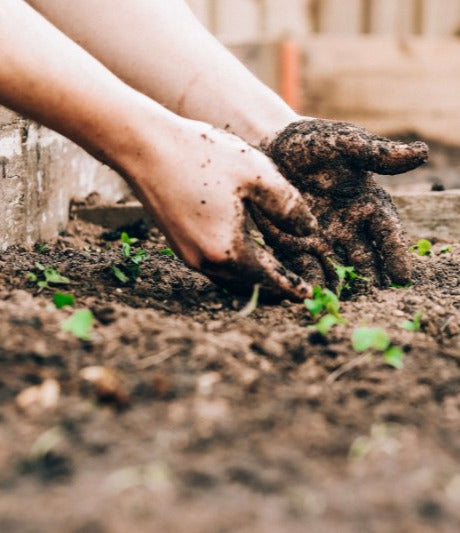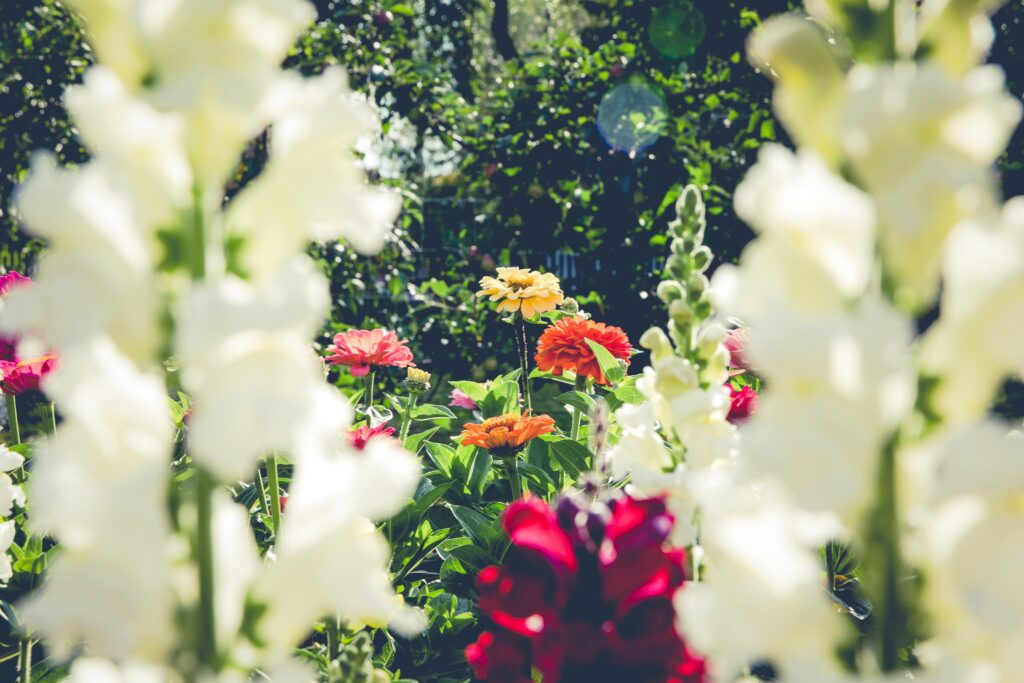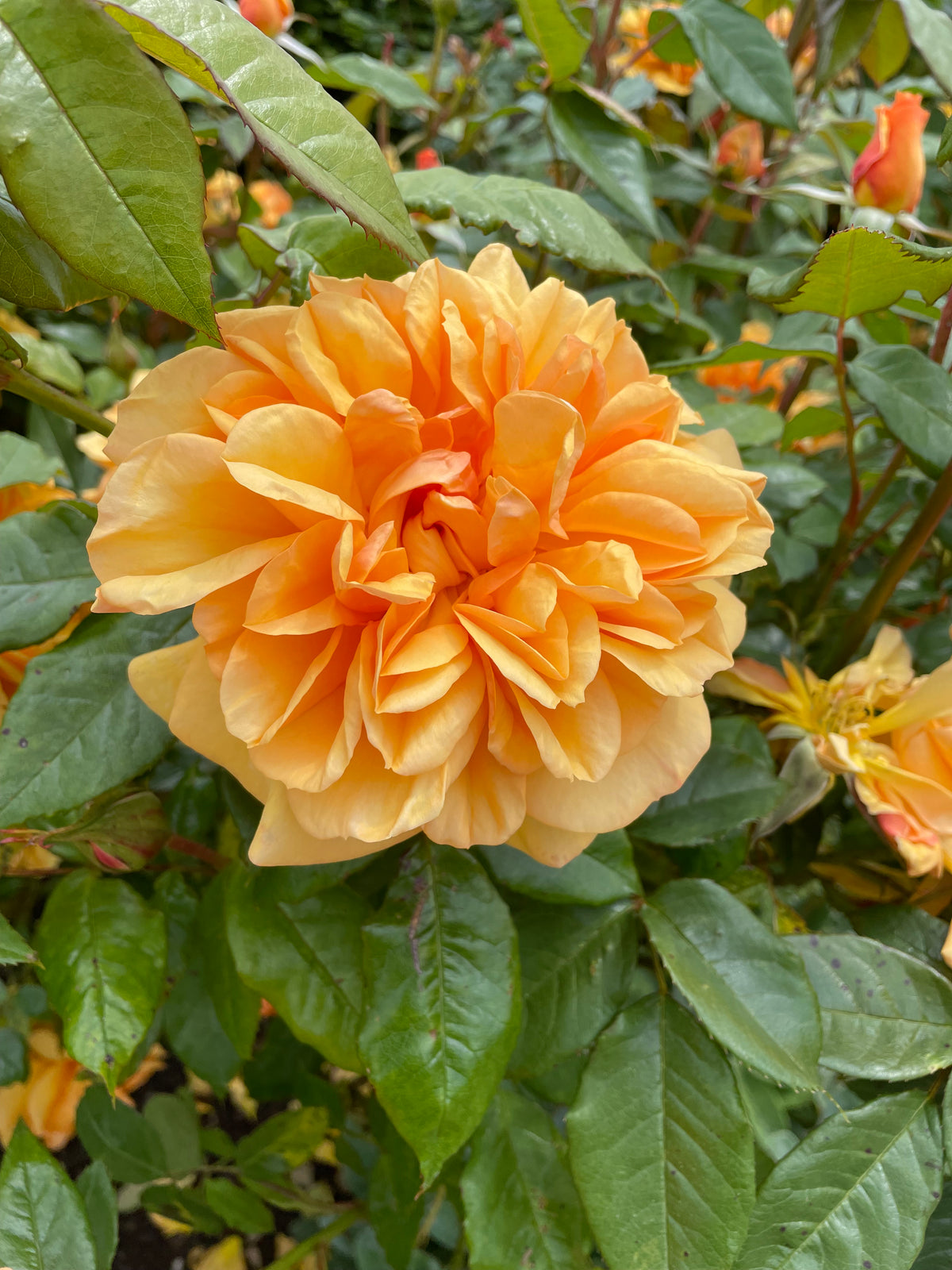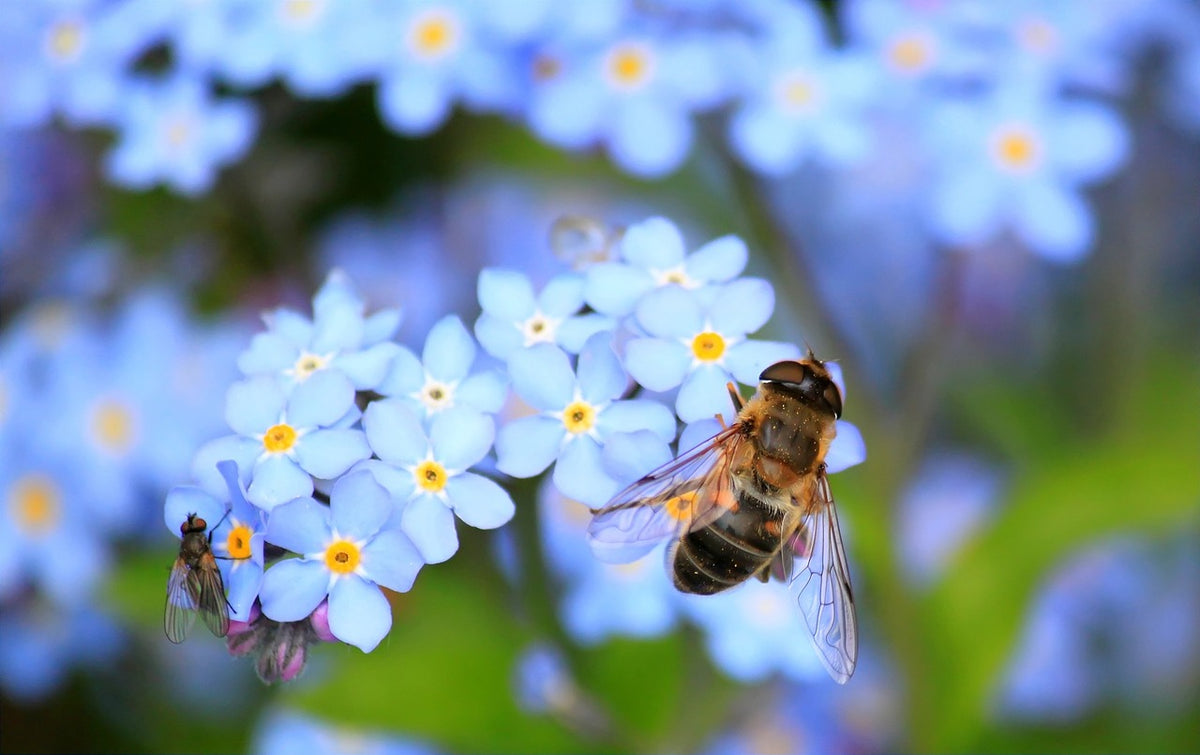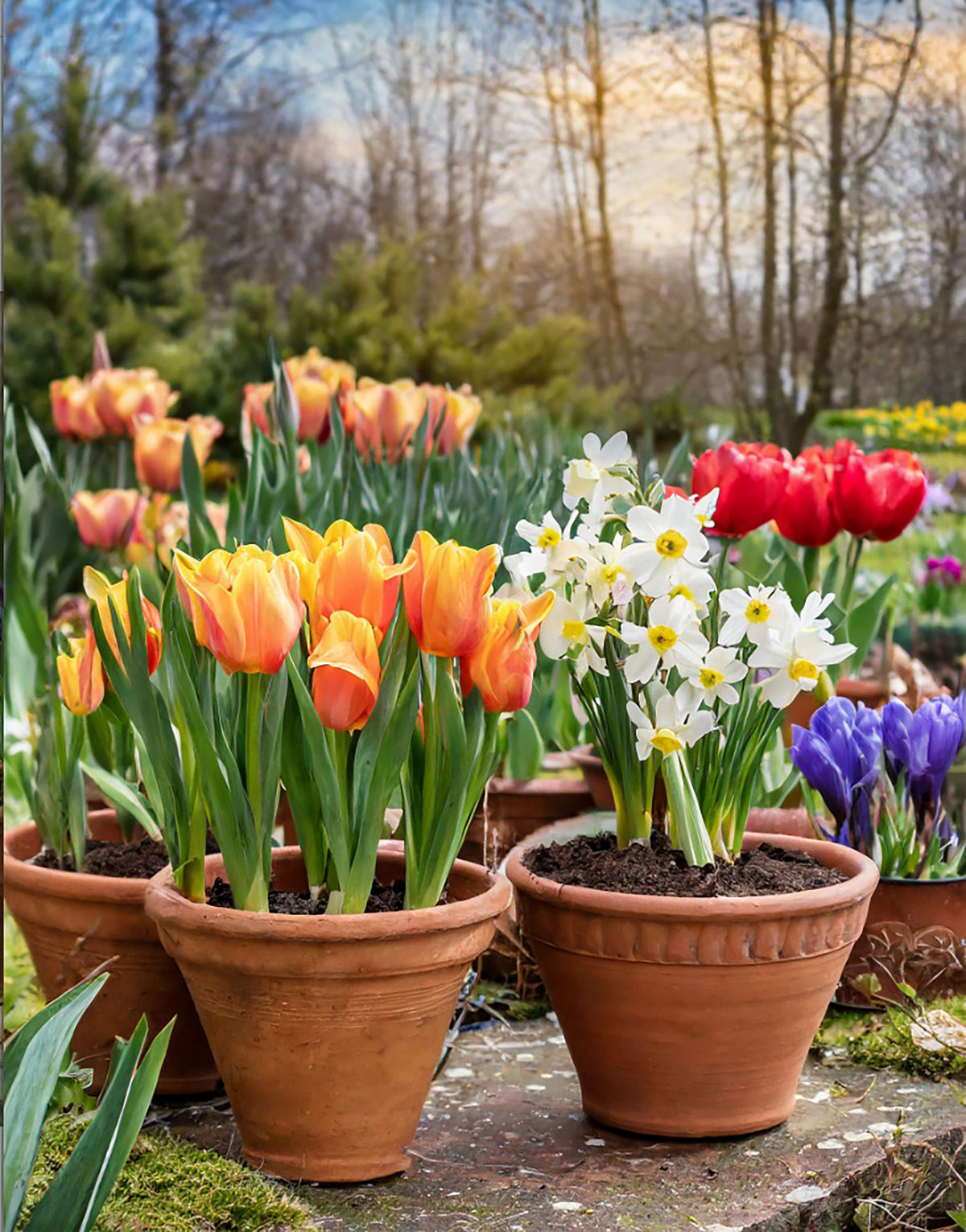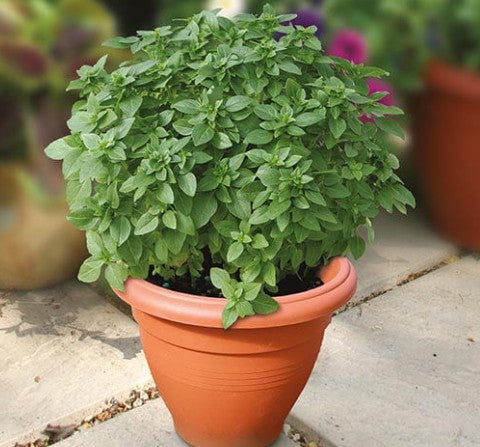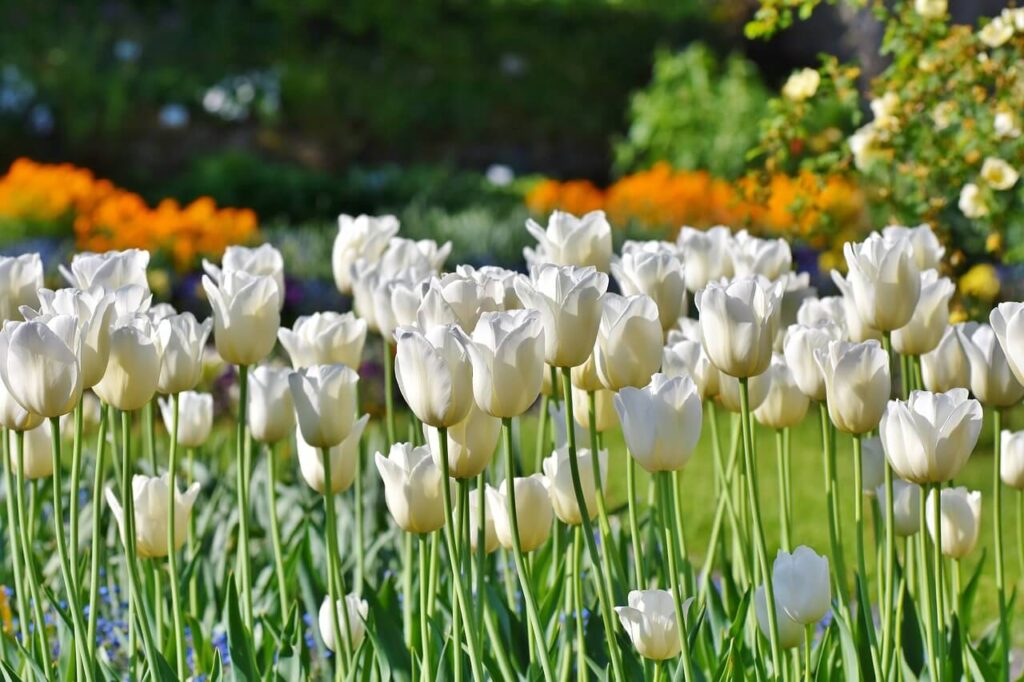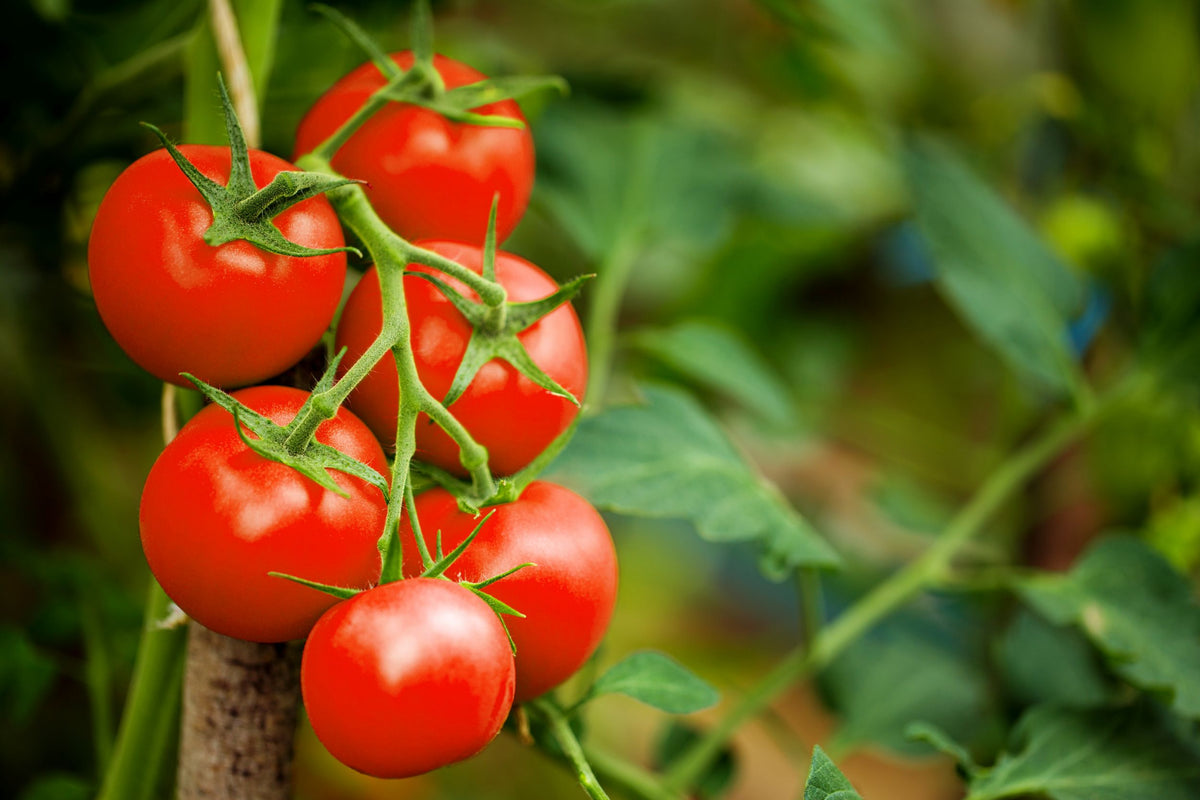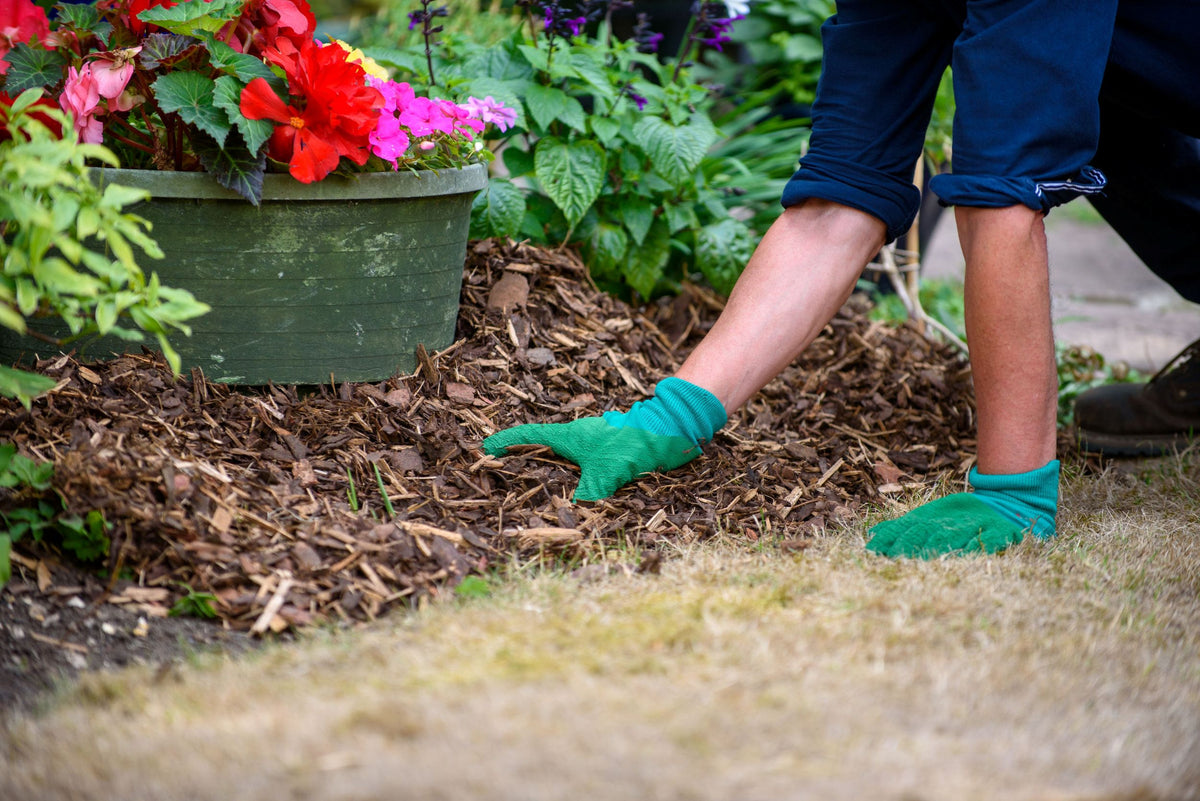Gardening can seem a complicated science but with the best compost and topsoil, your projects can be a great success. Growing in the right material ensures that your garden projects will be both simple and rewarding.
Working out what type of soil you have is the first step in many gardening projects. Any soil can be improved, and that’s where the best compost, topsoil, mulches and soil conditioners come in. But what is the difference and which ones do you really need?
Compost
Earth Cycle' organic compost is perfect for mixing into your existing soil. Our PAS100 product is rich in nutrients which are released over many weeks as the peat-free, organic compost breaks down naturally in the soil. This natural slow release sustains strong root growth, flowering and fruiting, helping to keep foliage green and healthy.
Compost is usually used in conjunction with topsoil as alone it doesn’t have the complexity of structure to hold onto the nutrients your plants require.
Topsoil
As the name suggests, topsoil is the top few inches of your garden soil. Our topsoil help to improve the structure and texture of your current soil, enabling it to retain the nutrients from your compost, maintain moisture, and drain excess water effectively. Topsoil is heavily mineral-based and in a good quality topsoil, such as our Topsoil Supreme, over half the product is mineral grain.
Soil Conditioner
Soil Conditioner is a nutrient-dense matter based on composted plant material. It’s an ideal, all-round product for general gardening and horticultural needs as it improves drainage and aeration in heavy clay soils and adds body to light sandy soils.
Mulch
Mulch is a thick layer of organic material to the surface of a bed or border. A depth of 5cm is perfect – enough to provide protection without completely cutting off the opportunity for bulbs and other perennials to grow through. Mulch acts as a physical barrier against the elements and using it in your garden can help stabilise the soil as well as help retain moisture, whilst suppressing most weeds. It’s useful to understand that mulch and compost are not the same – mulch is used on the surface of the soil to help with moisture retention, temperature control and weed control. In contrast, compost is typically dug in to help enrich the soil, balance the PH levels and to help break down organic matter. Mulch is typically applied in early spring or the winter and we have excellent PAS100 products specifically for this use.
What topsoil or compost to use for your project
So which of these products is needed for different projects in your garden? Let’s take a look at some popular garden projects and find the best compost or topsoil for them:
Compost for vegetable gardens
A vegetable garden will need more nutrients and good moisture retention to allow you to produce a strong crop. Our Vegetable Compost and Vegetable Topsoil have been specifically created with this in mind.
Topsoil for flower beds
Raised beds are an excellent way to grow any fruits, vegetables or flowers and can be filled with a mix of our peat-free Beds and Boarders Compost, topped off with a layer of Topsoil Supreme.
Best potting soil for herbs
Many herbs don’t require a great deal of nutrients; think of the dry and free-draining soil they thrive in in Mediterranean countries. A container with gravel, stones or crock in the bottom, filled with Topsoil Supreme – a lovely blend of compost, soil and sand – will be more than sufficient to keep these flavourful delights happy.
Topsoil for raised beds
Any beds and borders will love you for digging in a good quantity of our Beds and Borders Compost or some Compost Soil Conditioner. For more details, our handy best topsoil for raised beds blog has a more in-depth look into what is the best topsoil to use.






